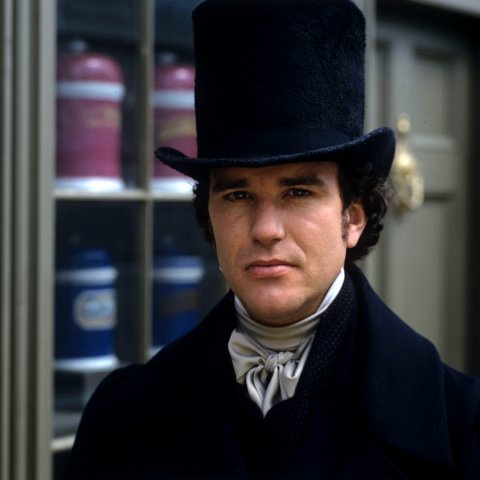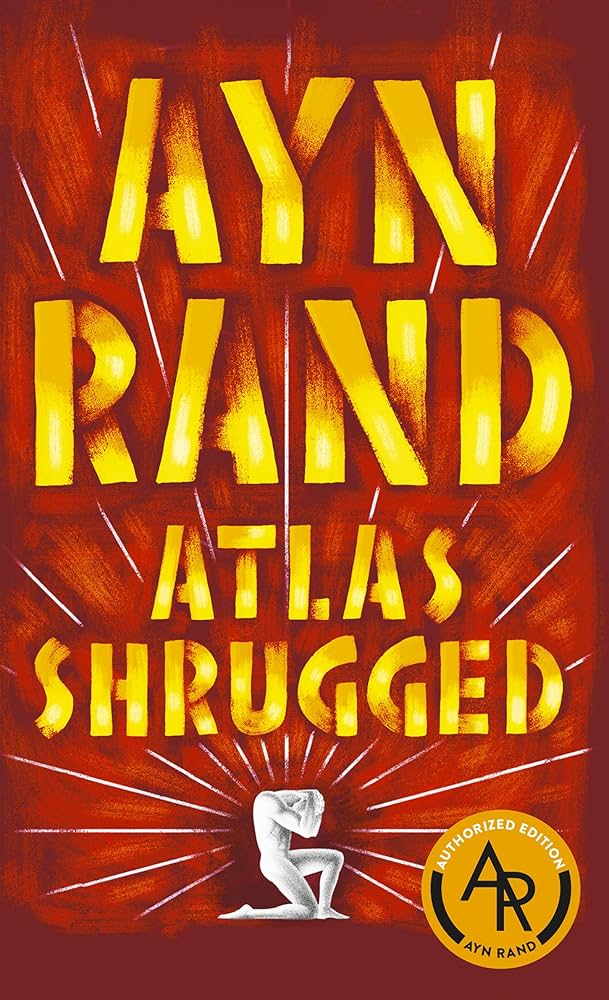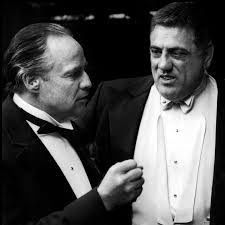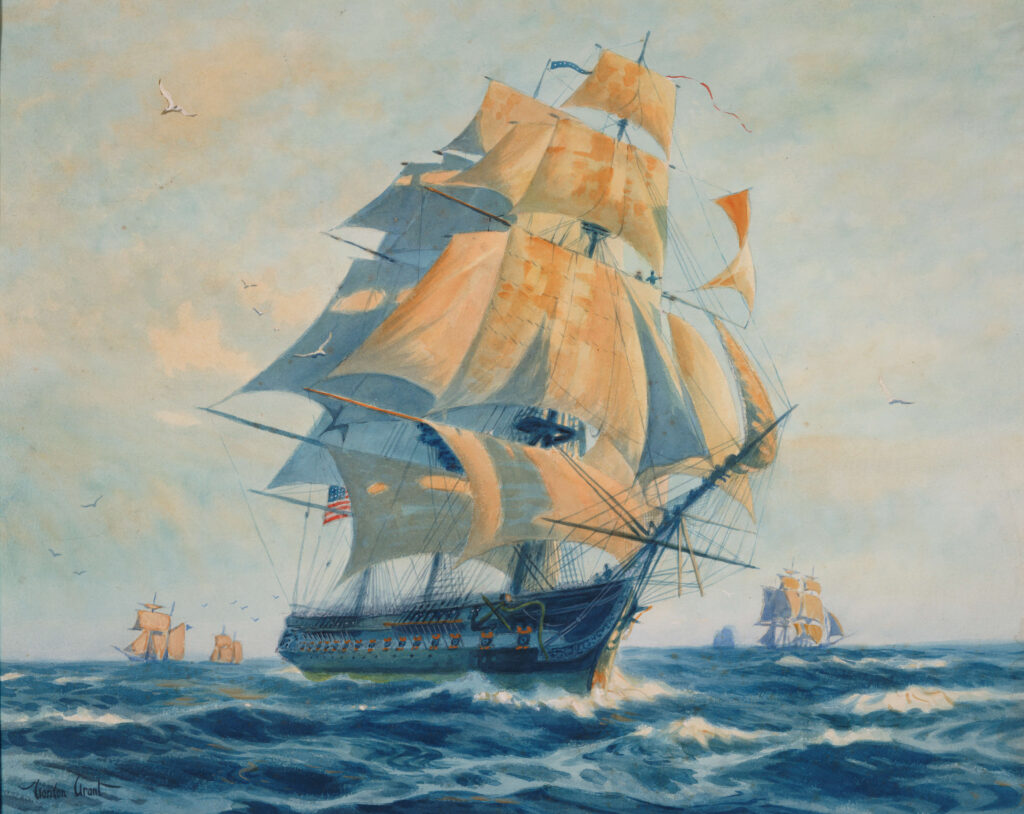Note: If you wish to receive, via e-mail, (1) my weekly newsletter or (2) daily copies of these posts, write to me at rrbates1951@gmail.com. Comments may also be sent to this address. I promise not to share your e-mail with anyone. To unsubscribe, write here as well.
First Sunday in Lent
In the past when observing Lent, I’ve shared Madeleine L’Engle’s poem “For Lent, 1966,” which opens, “It is my Lent to break my Lent,/ To eat when I would fast.” In writing it, she is distancing herself from the tradition that Lent is a time to invite suffering. As the 14th century romance Sir Gawain and the Green Knight sees it, Lent is a time to deny the body. As the poet puts it,
After Christmas there came the cold cheer of Lent,
When with fish and plainer fate our flesh we reprove.
Now, Sir Gawain and the Green Knight was written at a time when Christians had a tortured relationship with nature and the body, the Black Death having swept through England a few years earlier, killing a third of the population. Perhaps hair shirts and self-flagellation were coping mechanisms, a way of showing contempt for the vulnerable body. For our own Lenten discipline, L’Engle chooses rather to focus on social activities that feed the soul. As I wrote in my post on her poem, she vows
to listen—really listen—to others, and she will talk when she’d rather retreat into herself. To truly belong to Christ, she will try to “turn from none who would call on me.” In other words, she will take seriously the Sermon on the Mount.
It is in this spirit that Mary Oliver writes “Wild Geese,” which can also be regarded as a corrective to the medieval vision of Lent. “You do not have to be good,” she writes before clarifying that, by being good, she means, “You do not have to walk on your knees for a hundred miles through the desert.” Jesus of course entered the desert to fast and meditate immediately after his baptism by John the Baptist (Luke 4:1-13 in today’s Gospel reading), but like L’Engle, Oliver is not interested in reproving the flesh.
Instead, she tells us, “You only have to let the soft animal of your body/ love what it loves.” In my reading of Sir Gawain, the Green Knight is a nature spirit trying to tell the knight something similar. That Gawain is more interested in beating himself up—and doing his own version of walking on his knees through the desert—shows us what a challenge this can be.
Oliver tries to make her challenge to us sound as appealing as possible with gorgeous images of fertility:
Meanwhile the sun and the clear pebbles of the rain
are moving across the landscapes,
over the prairies and the deep trees,
the mountains and the rivers.
Somewhat like L’Engle, Oliver mentions communicating with others—“Tell me about despair, yours, and I will tell you mine”—and then she provides a counter to this despair. We can have a connection with creation by opening ourselves to it. When we feel lonely, we can listen to the wild geese, whose “harsh and exciting” call comes to us out of the “clear blue air.” Perhaps, like the Holy Spirit who visited Jesus in the form of a dove, they too remind us that we have a transcendent home. “The family of things” awaits us.
If you are searching for a Lenten discipline, consider regular walks in nature. With your phone turned off.
Wild Geese
By Mary Oliver
You do not have to be good.
You do not have to walk on your knees
for a hundred miles through the desert, repenting.
You only have to let the soft animal of your body
love what it loves.
Tell me about despair, yours, and I will tell you mine.
Meanwhile the world goes on.
Meanwhile the sun and the clear pebbles of the rain
are moving across the landscapes,
over the prairies and the deep trees,
the mountains and the rivers.
Meanwhile the wild geese, high in the clean blue air,
are heading home again.
Whoever you are, no matter how lonely,
the world offers itself to your imagination,
calls to you like the wild geese, harsh and exciting–
over and over announcing your place
in the family of things.










